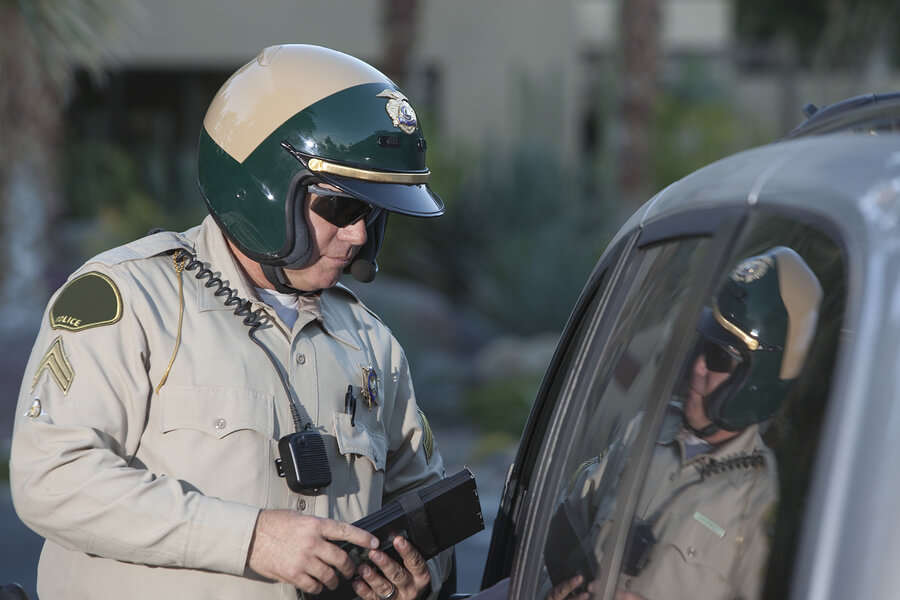February 12, 2018
One area of confusion for many Floridians is that of police stops. Many Floridians are unaware as to exactly when they may be stopped, questioned, or searched by police. Because of this confusion, many ask, “Just when can a police officer stop me?”
A police officer is not able to just stop anyone whenever they choose. According to Florida’s “Stop and Frisk” law, a police officer may only stop an individual if he or she has a reasonable belief that the individual “has committed, is committing, or is about to commit a violation”.
What Is Reasonable Suspicion?
A police officer must have reasonable suspicion before he or she conducts a stop and frisk stop. The standard for reasonable suspicion is quite low. It does not, however, provide police with the unfettered power to stop individuals. Reasonable suspicion cannot be founded on bare suspicion; on officer cannot stop an individual based on his or her race or for being in a high-crime area. Instead, reasonable suspicion must be founded on observed facts in possible connection to a crime.
The officer conducting a valid stop may ask for identification. This means that the officer can ask the individual to provide some form of a state identification or to identify himself or herself. Additionally, the officer may ask basic questions.
Stop and frisk encounters should be relatively quick. In fact, they should not last longer than what is reasonably necessary to identify the individual and his or her purpose for being in the area. Stops lasting beyond what is reasonably necessary may be subject to suppression.
What Is Probable Cause?
Probable cause allows a police officer to make a stop in order to search or arrest an individual. Probable cause exists whenever a police officer has reasonable belief that a crime has been committed by the person that they are potentially arresting. The determination of probable cause must consider the circumstances and the facts available.
Probable cause, like reasonable suspicion, does not provide unfettered power to police officers. A police officer’s actions must remain within the scope of the reason for the stop. For example, a police officer cannot search a car for contraband if they initiated the traffic stop for the failure to use a turn signal. Unless the officer, given reasonable circumstances during the stop, develops probable cause to conduct a search for contraband, he or she is acting beyond the scope.
A police officer cannot stop you for any reason. Either reasonable suspicion or probable cause must exist in order for a stop to be valid. If an officer has pulled you over without a reasonable and articulable suspicion, the stop may be considered unlawful. Evidence discovered during the course of an unlawful stop may be suppressed, leading to it not being used against you. In some instances, illegally obtained evidence may be the sole basis to enter criminal charges against you. If the evidence against you is suppressed, the charges against you may be dismissed.
Contact a St. Petersburg Criminal Defense Attorney Today
Not all stops made by the police are lawful. If you or a loved one has been stopped by the police, the resulting criminal charges may not be lawful. If you feel that you have been unlawfully stopped or detained, consult the criminal defense attorneys at Khonsani Law Group. Our team of experienced criminal defense attorneys can evaluate the facts of your case. We will fight to have dismissed any crimes with which you are charged after an unlawful stop. Schedule your free consultation today by calling (727) 269-5300 or writing us online today.


